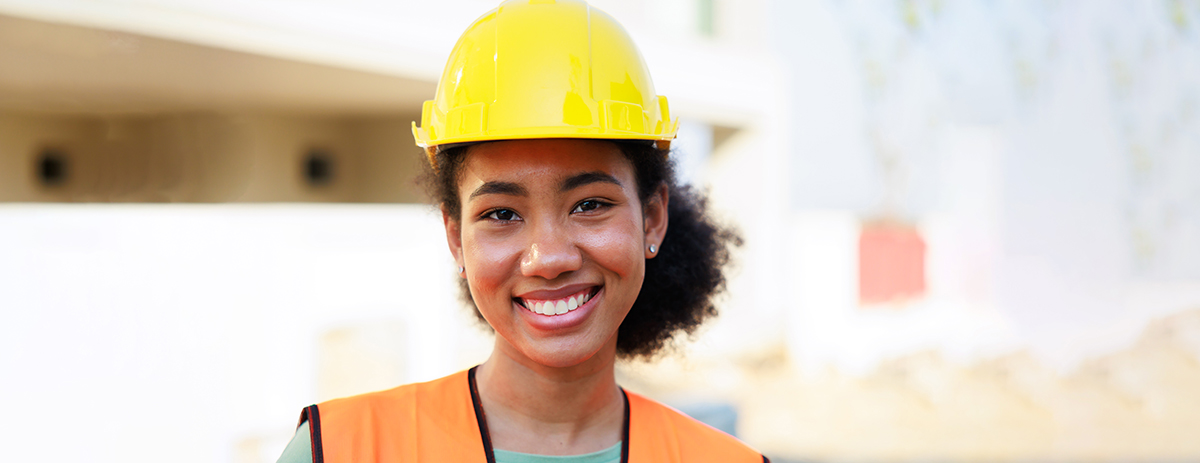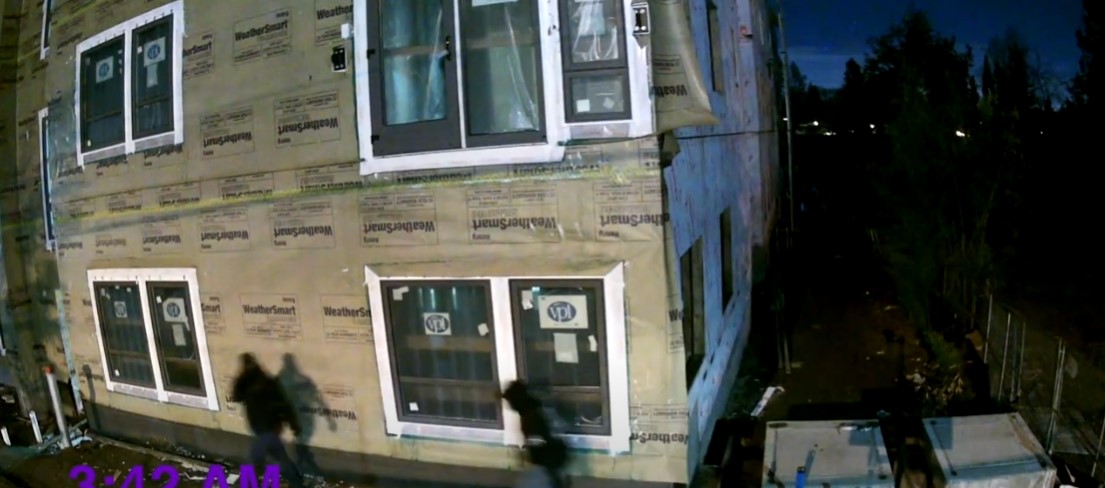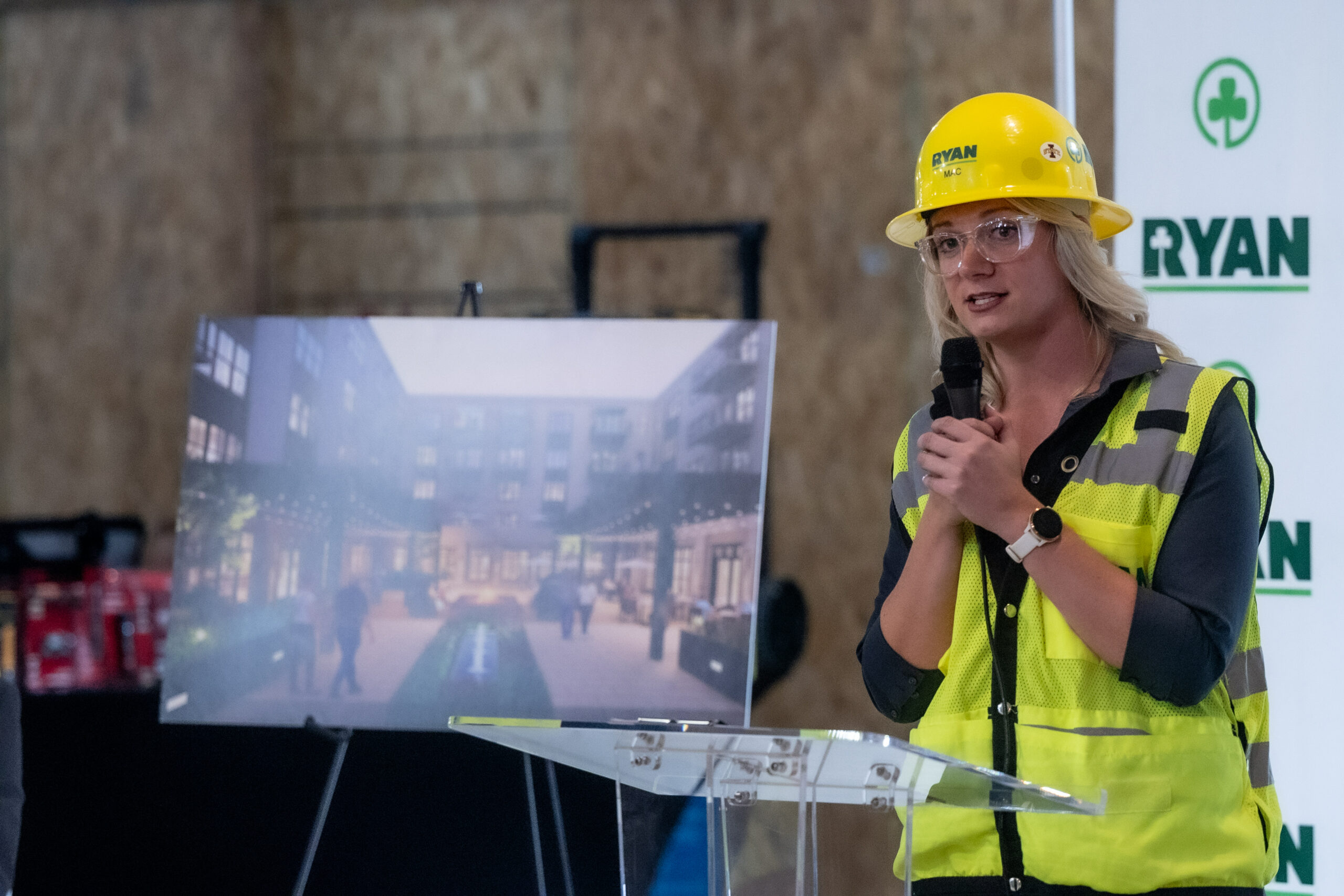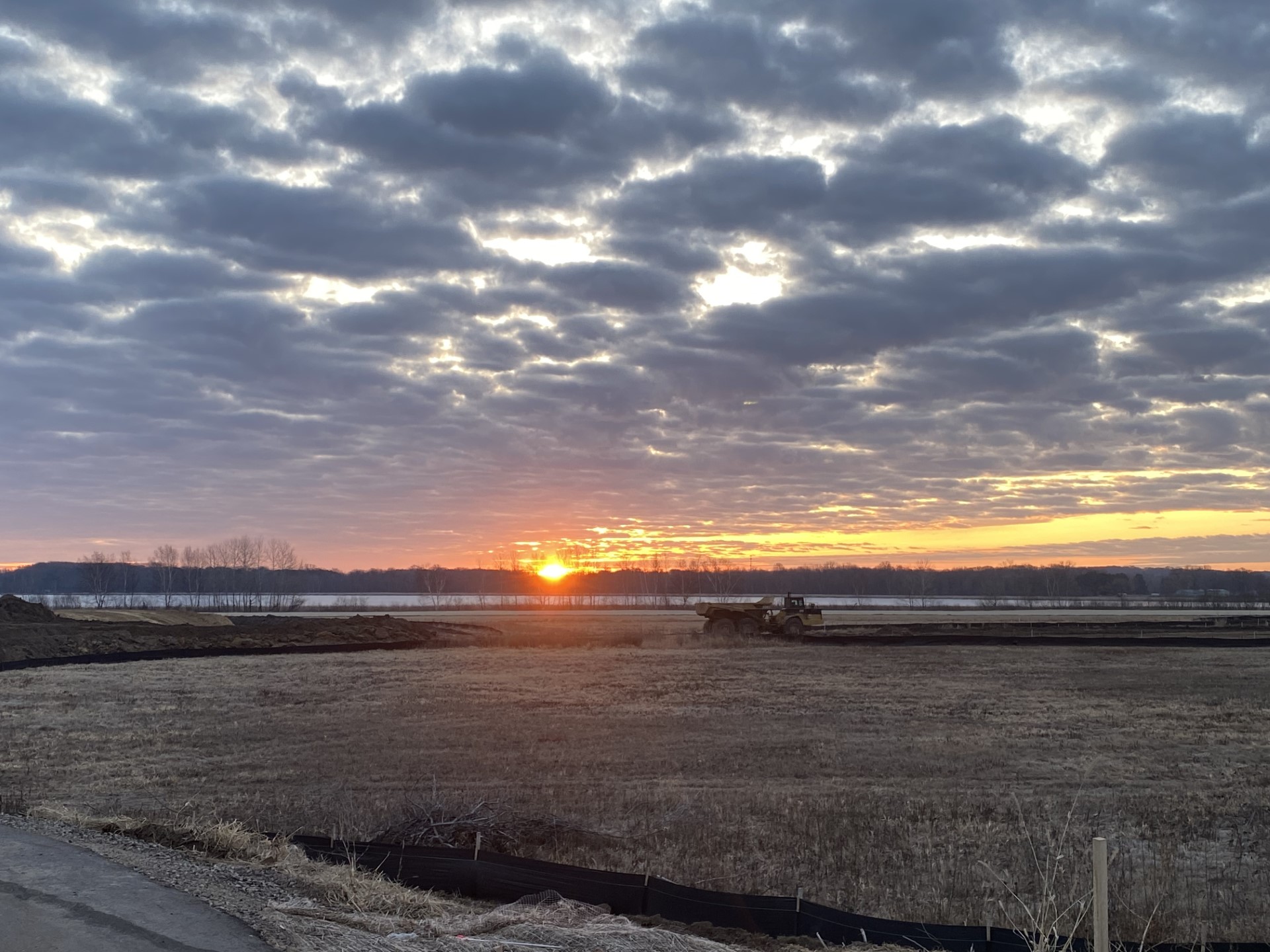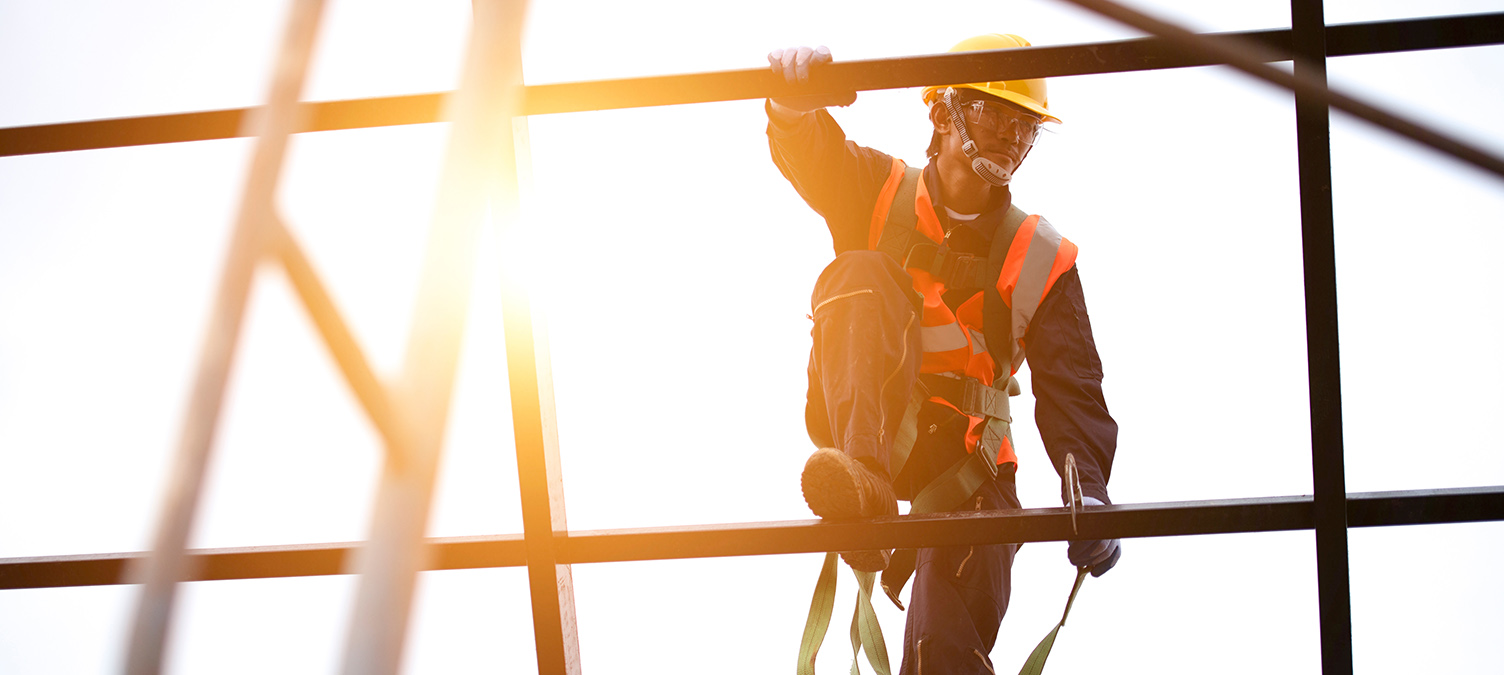One interesting facet of the global pandemic that wasn’t as widely investigated as other issues that arose is the need for better safety equipment. While there have been significant improvements in the quality and availability, one overlooked aspect in developing suitable personal protective equipment (PPE) is how the safety equipment fits. As a man on a construction site, you’re likely familiar with the “one-size-fits-all” school of PPE. For women, that fit isn’t likely to be as effective.
For many women, a construction site (or any dangerous work environment) is slightly more dangerous than for their male counterparts simply because PPE wasn’t designed to fit female workers. Despite OSHA pushing manufacturers to make changes to accommodate different body types in 1999, many businesses fell woefully short of providing PPE that was tailored to their female colleagues.
While construction is a male-dominated field, women are entering the industry at a higher rate than previously seen and beginning to make their presence felt. Despite all the other challenges they face, making sure they have access to suitable PPE is still something that many construction firms aren’t addressing. As women find themselves playing a larger role in the industry, they still need to prioritize their safety while on the job if their employers don’t. Personal Protective Equipment (PPE) is an essential tool for ensuring the health and well-being of all construction workers, regardless of gender.
One company making women’s safety equipment a priority is Iron Elk thanks to its owner, Laura Biggerstaff. Established in 2016 in Greer, South Carolina, Iron Elk is in the business of providing safety apparel for all body types and genders.
“I want women to know that there are options available to have safety apparel and PPE that fits their body types… because one size does NOT fit all! Iron Elk has worked very hard to partner with manufacturers who understand the importance of offering safety apparel in women’s sizes too,” said Biggerstaff.
Putting Safety First
PPE is equipment or clothing worn to minimize exposure to a variety of hazards that may cause harm. This includes hazards such as toxic substances, infectious diseases, hazardous chemicals, and electrical or fire hazards. Women working in construction may face unique risks, and it is important to choose PPE that fits their bodies and protects them from specific hazards.
Examples of PPE for women in construction include:
Hard hats: Hard hats protect the head from falling objects and other impact hazards. Women’s hard hats are designed to fit smaller heads and come in a variety of colors and styles.
Safety glasses or goggles: Safety glasses or goggles protect the eyes from flying debris, sparks, and harmful substances. They should fit snugly and comfortably and be worn over prescription glasses if needed.
Gloves: Gloves protect hands from cuts, abrasions, and exposure to harmful substances. Women’s gloves should fit properly, snug against their fingers while still allowing for good dexterity and sensitivity.
Steel-toed boots: Steel-toed boots protect feet from crushing injuries and sharp objects. They should fit well and provide good support.
Respirators: Respirators protect the lungs from dust, fumes, and other harmful particles. Women should choose a respirator that fits their face properly and provides adequate protection.
It’s important to note that PPE should be used in conjunction with other safety measures, such as training and engineering controls, to create a safe work environment. Additionally, PPE should be properly maintained, stored, and replaced when it becomes damaged or worn out.
PPE is an essential tool for protecting workers from hazards, and women should be offered equipment that fits well and provides adequate protection. By taking safety seriously, women in construction can continue to make their mark in the industry and ensure a bright future for themselves and those around them.
The week of March 5th through the 11th, the construction industry celebrates all the great initiatives and work of women within the industry. To find out more about Diversity and Women in Construction, please join Procore for an informative webinar on March 8th, 2023. To find out more about SiteKick, and our commitment to increasing safety on your next construction project, contact us for a free demonstration of our comprehensive site monitoring and reporting solutions.

